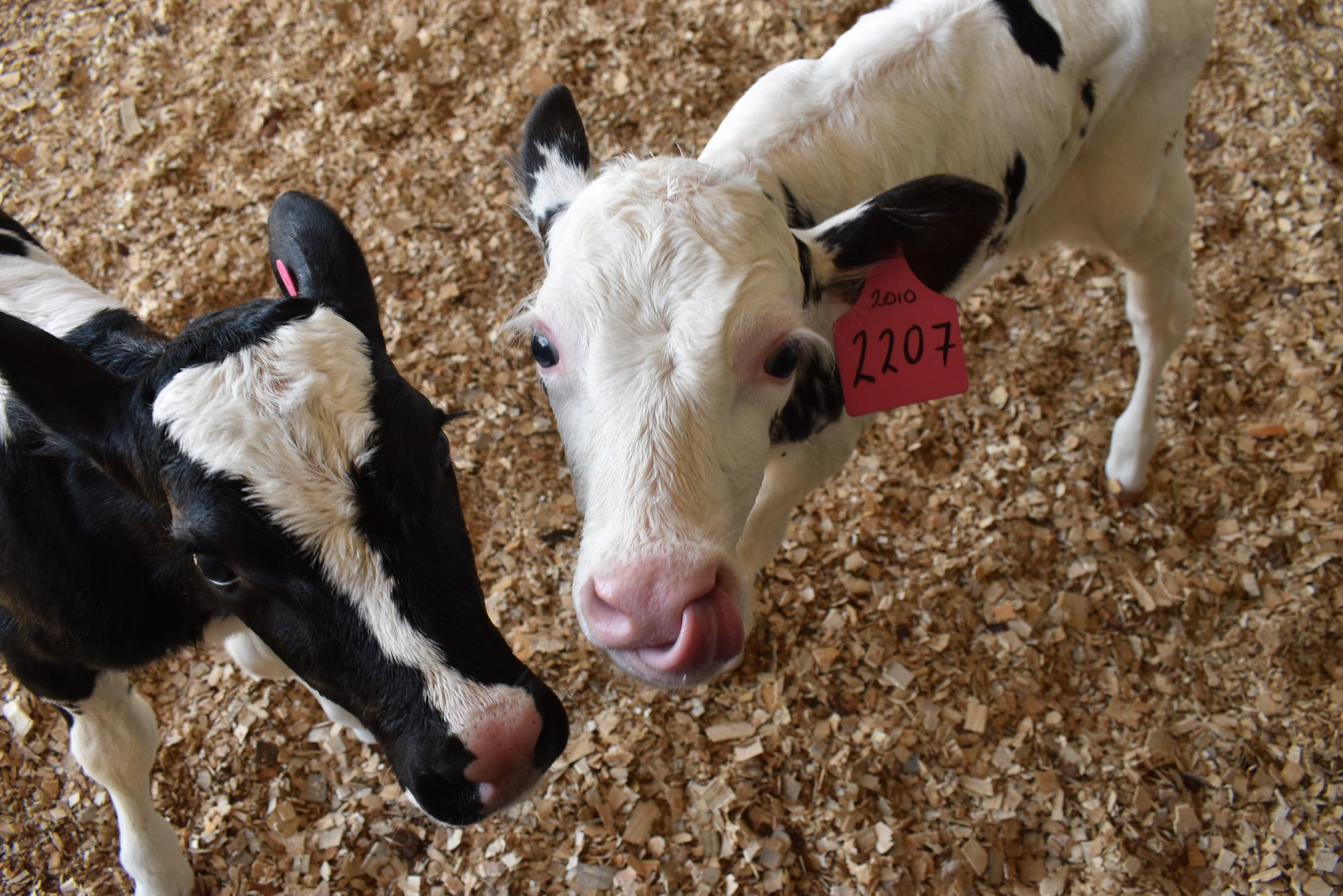Deputy Principal

It has certainly been a very busy start to the year with students starting their new education and training programs and our new students having to learn different routines and become familiar with the expectations of the College.
Thank you to our Year 12 Prefects – Hamish Mostert, Teylan Rogers, Zoe Skinner, Mitch Jones, Chontelle Bock and Bailey Forman who returned to the College early to assist us with the Year 10/11 orientation programme for new students. They did an outstanding job and also showed great support to our incoming students.
At times in my role as a College member of staff and Deputy Principal, I have to remind students of the College’s routines and dress, jewellery, mobile phone, and hair policies but the majority do respond in a positive and pleasant manner.
Hair Policy
The College’s hair policy is probably still the one that a few students find difficult to follow:
- Hair longer than collar length must be tied back during meal and instructional time and while on school excursions. For occupational health and safety reasons hair longer than collar length must also be tied up in bun when students are in their practical uniform. Hair must not impair vision.
- Hair must be clean and tidy and is not to be cut less than a “number 2” length.
- Hair styles are not to follow the extremes of fashion.
The above policy is about presentation, but more importantly hygiene and Occupational Health and Safety when working in a practical environment. Our major concern at the moment is hair that is falling over the eyes and impairing vision. Please encourage your son/daughter to follow our hair policy.
Mobile Phone Policy
The W.A. Department of Education have developed a new mobile phone policy for all schools in Western Australia. As a result, the College mobile phone policy is as follows:
- Mobile phones are not permitted to be used or seen during the day program. This includes smart watches and listening accessories, such as headphones and earbuds.
- Students are not permitted to be in possession of their mobile phones during the day program. Residential students are required to leave their mobile phones in their dormitory while day students are required to either leave their mobile phones at home or keep them in their lockers. All communication between parents and students during school hours, should occur via the school’s administration.
- The mobile phone can be used in residential time but not during meal times, prep or after ‘lights out’. Mobile phones should not be brought to the dining room during meal times.
Good Standing Policy
I feel it is appropriate to remind students and parents of the College’s good standing policy.
All students will begin the year in good standing and will remain in good standing whilst any penalties they incur remain below the specified level. Students who remain in good standing, are able to attend all extra curricular activities. A student will lose good standing status if absences, participation, or behavioural penalties exceed the level specified and results in the loss of 5 good standing points. A suspension from the College programme automatically results in the loss of good standing.
Our aim is to encourage and reward positive behaviours. Students who remain in good standing can participate in a number of extra curricular activities including:
- School social events including the College Ball
- Sporting carnivals including Country Week
- Agricultural Shows including Wagin Woolorama and the Perth Royal Show
- Residential excursions including AFL trips and beach camps
- After school or weekend activities such as woodwork, music, Skippers Ticket and scuba diving
We hope that all students remain in good standing and are able to participate fully in the above activities. Please contact me if you require further information.
Online Literacy and Numeracy Assessment 2022
Students need to demonstrate a minimum standard of literacy and numeracy (in addition to a number of other requirements) to achieve a Western Australian Certificate of Education (WACE) at the end of Year 12.
Students can meet this standard by demonstrating Band 8 or higher in the NAPLAN reading, writing and numeracy tests in Year 9 or by meeting the minimum standard of the reading, writing and numeracy components of the Online Literacy and Numeracy Assessment (OLNA) in Year 10, 11 or 12.
The first round of OLNA testing for those Year 10, 11 and 12 students yet to meet the minimum standard will run from 28 February - 25 March. As soon as the results of NAPLAN or OLNA are available to us we will forward the information on to students and parents. It is important to note that students have up to six opportunities (two per term) from Year 10 to Year 12 to demonstrate the literacy and numeracy standard. The second round of testing this year will be in September.
Students can practice the online sample tests by accessing the following website:
access.scsa.wa.edu.au
username: olna
password: prac14
Certificate III Agriculture
The College is again providing the opportunity for Year 12 students to achieve a Certificate III in Agriculture in 2022.
Darren Scahill (Agriculture Vet Coordinator) recently outlined to all Year 12 students the units of competency involved in the Cert. III and how these units will be delivered at the College.
It is very important that students and parents are aware of the following:
- students must have completed the Cert. II Agriculture or be close to completion (16 competencies or more) before gaining entry to the Cert. III
- the priority must be to complete the remaining Cert. II competencies as soon as possible
- much of the training and assessment for the Cert. III will occur during Farm Practice/ Workplace Learning sessions
- activities and assessments will involve far more research and written work than was the case with the Cert. II
- students may be required to attend theory sessions for the Cert III during prep one night per week
- there is a significant practical and theoretical workload to complete a Cert. III in Agriculture.
It is also an excellent opportunity to develop higher-level skills and knowledge in agriculture and a Level 3 qualification. Some of our students completed Certificate III competencies in Wool Handling at the end of last year which proved an excellent start to the full qualification. Students who complete the Certificate II in Agriculture later this year may also have the opportunity to complete some Cert. III competencies. If you require further information please contact me on 98480200.


